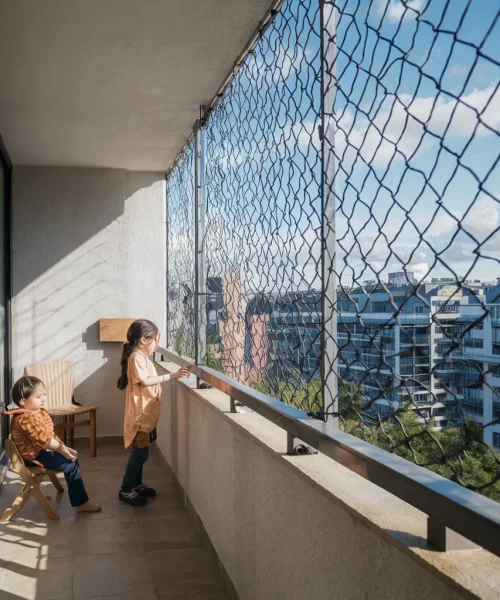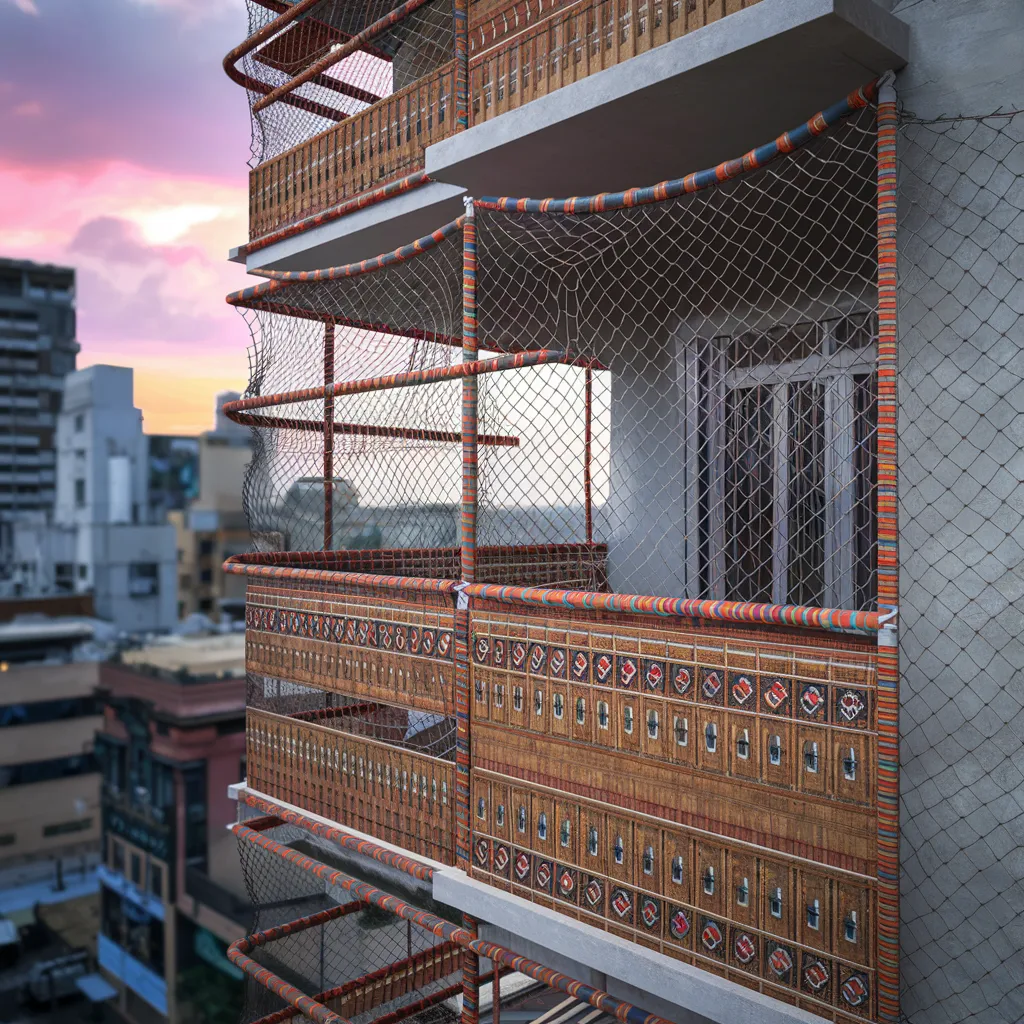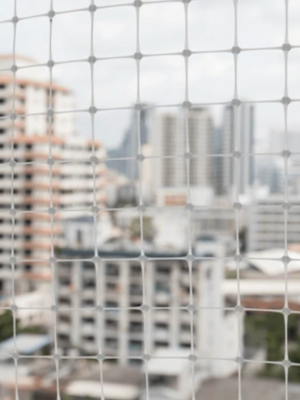CHILDREN SAFETY NETS
Children Safety Nets
Introduction
When it comes to our kids, safety is a top priority. Whether they’re playing indoors or outdoors, we constantly worry about their well-being. That’s where children safety nets come into play. These nets are essential tools designed to prevent accidents and give parents peace of mind. Let’s dive into the world of safety nets and understand how they can make your home a safer place for your little ones.
What Are Children Safety Nets?
Definition and Purpose
Children safety nets are protective barriers made from durable materials designed to prevent falls and accidents. These nets are commonly installed in areas where children are at risk of falling, such as windows, balconies, staircases, playgrounds, and swimming pools. The primary purpose is to provide a safe environment by preventing children from accessing dangerous areas or falling from heights.
Different Types of Safety Nets
Safety nets come in various types, each serving a specific purpose. The most common types include window safety nets, balcony safety nets, staircase safety nets, playground safety nets, and pool safety nets. Each type is tailored to address specific risks and provide maximum protection in different settings.



Why Are Safety Nets Necessary?
Preventing Accidents
Accidents can happen in the blink of an eye, especially with curious and energetic children. Safety nets act as a preventive measure, stopping children from falling and getting injured. They are particularly useful in high-rise buildings, homes with balconies, and areas with open staircases.
Peace of Mind for Parents
Knowing that your home is equipped with safety nets provides immense peace of mind. Parents can focus on other tasks or simply relax, knowing that their children are safe from potential hazards. This peace of mind is invaluable in reducing the stress and anxiety that often accompanies child-rearing.
Types of Children Safety Nets
Window Safety Nets
Features and Benefits
Window safety nets are designed to prevent children from falling out of windows. They are typically made from strong, weather-resistant materials and can withstand significant force.
Installation Tips
Installation is relatively straightforward. Measure the window area, cut the net to size, and secure it using hooks or adhesive strips. Ensure that the net is tightly secured and check it regularly for any signs of wear and tear.
Balcony Safety Nets
Features and Benefits
Balcony safety nets provide a barrier that prevents children from slipping through railings or climbing over them. They are essential for homes with balconies, especially in high-rise buildings.
Installation Tips
Ensure the net covers the entire balcony area. Attach it securely to the railing and the floor, leaving no gaps. Regularly inspect the net to ensure it remains in good condition.
Staircase Safety Nets
Features and Benefits
Staircase safety nets prevent falls from staircases. They are particularly useful in homes with open staircases or multi-level play areas.
Installation Tips
Install the net along the sides of the staircase, securing it at multiple points to ensure stability. Make sure the net is taut and free of any slack.
Playground Safety Nets
Features and Benefits
Playground safety nets are used in play areas to prevent falls from play structures. They are durable and designed to withstand outdoor conditions.
Installation Tips
Secure the net to the play structure at multiple points. Ensure that the netting is properly tensioned and that there are no gaps where children could slip through.
Pool Safety Nets
Features and Benefits
Pool safety nets prevent children from accidentally falling into swimming pools. They are made from strong, UV-resistant materials and can support the weight of a child without sagging.
Installation Tips
Cover the entire pool area with the net, securing it tightly around the perimeter. Regularly check the net for any signs of damage or weakening.
Materials Used in Safety Nets
Types of Materials
Safety nets are made from various materials, including nylon, polyethylene, and high-strength polyester. These materials are chosen for their durability, flexibility, and resistance to weather conditions.
Durability and Maintenance
Durability is a key factor in the effectiveness of safety nets. Regular maintenance, such as checking for frayed edges or weakened areas, is essential to ensure the net remains reliable. Cleaning the net periodically will also help maintain its integrity and appearance.
Choosing the Right Safety Net
Factors to Consider
When choosing a safety net, consider the specific area you need to protect, the material of the net, and its durability. Additionally, think about the ease of installation and whether you prefer a custom-made net or a standard size.
Custom vs. Standard Nets
Custom nets are tailored to fit specific areas perfectly, providing maximum coverage and safety. Standard nets are more affordable and readily available but may not offer the same level of protection as custom options.
Installation and Maintenance
DIY vs. Professional Installation
Installing safety nets can be a DIY project, but professional installation ensures that the net is correctly and securely installed. Professionals have the experience and tools needed to handle complex installations and ensure compliance with safety standards.
Regular Maintenance Practices
Regularly inspect your safety nets for any signs of damage. Clean the nets according to the manufacturer’s instructions and make necessary repairs promptly. Proper maintenance ensures the longevity and effectiveness of the safety nets.
Safety Standards and Regulations
International Standards
There are various international standards that safety nets must meet to ensure their reliability and effectiveness. These standards cover material quality, installation practices, and performance criteria.
Local Regulations and Compliance
In addition to international standards, local regulations may apply. It’s essential to understand and comply with these regulations to ensure your safety nets are legally installed and provide adequate protection.
